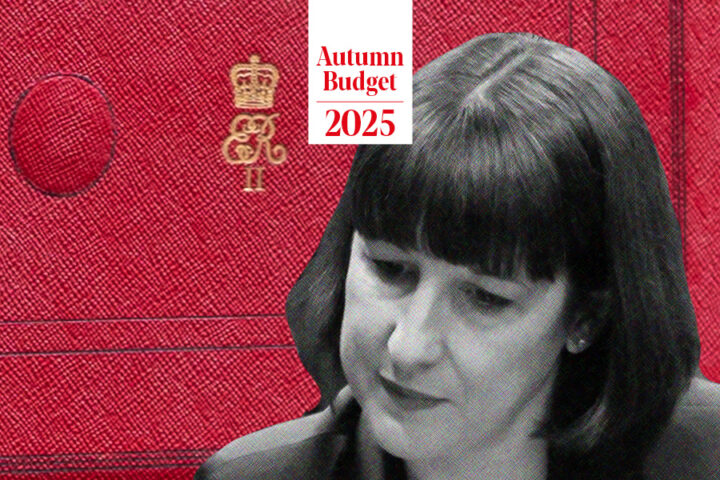The pension pot needed for a comfortable retirement dropped to £682,000 for a single person, down from last year due to better annuity rates, data from Quilter found.
The firm based its figures on the Pensions and Lifetime Savings Association’s (PLSAs) latest retirement standards.
The calculations assumed a 5.9% escalating annuity for someone aged 66 who does not have housing costs.
For a moderate lifestyle, the pot needed was £415,000, while the minimum needs could be met with £28,000.
For couples, a comfortable retirement required a combined pot of £772,000, with lower amounts needed for moderate or minimum standards.
Additionally, Quilter found that for a single person, a comfortable lifestyle needed annual spending of £43,900, with £11,973 covered by the state pension and the rest from a private pension.
The figures for a moderate lifestyle were £31,700 annual spending, with the minimum at £13,400.
For couples, the comfortable standard needed £60,600 a year, with £23,946 from the state pension.
Moderate required £43,900, and minimum was £21,600, which could be covered by the state pension.
Jon Greer, head of retirement policy at Quilter, said: “The cost of achieving a comfortable retirement has fallen this year due to favourable annuity rates.
“While this is a welcome development for savers approaching retirement, it’s likely to be short-lived.
“As interest rates are expected to fall over the next year, annuity rates will follow suit, meaning the pension pot required to secure the same level of retirement income will increase again.”
Greer added: “Even with this short-term reprieve, the overall cost of a comfortable, or even moderate, retirement remains substantial.
“These figures serve as an important benchmark for retirement planning, helping individuals understand what’s achievable.
“It’s also worth remembering that these calculations assume retirees are mortgage-free or not renting in later life – an increasingly rare scenario for future generations.
“And from April 2027, pensions will no longer be exempt from inheritance tax if left untouched at death.”
He said: “Building up a large pot without a strategy could create an avoidable tax liability, making professional advice all the more important.”

















